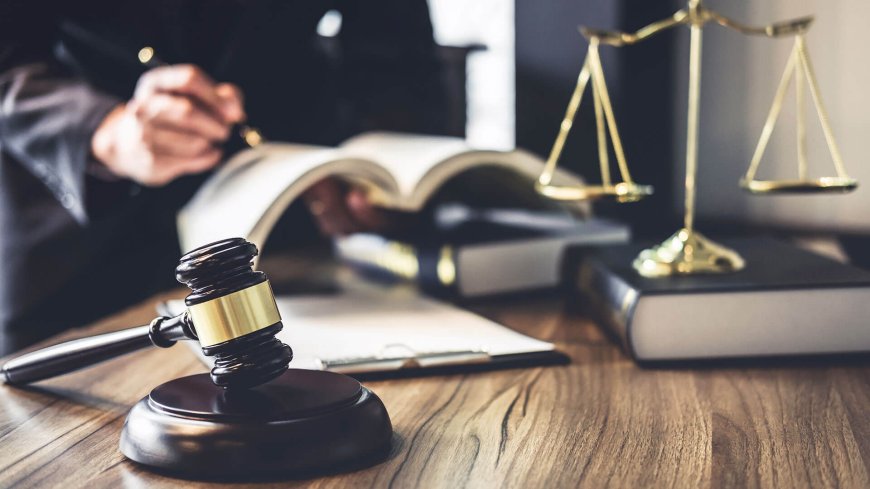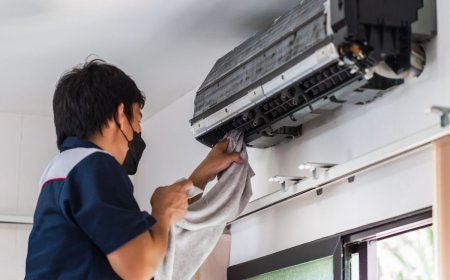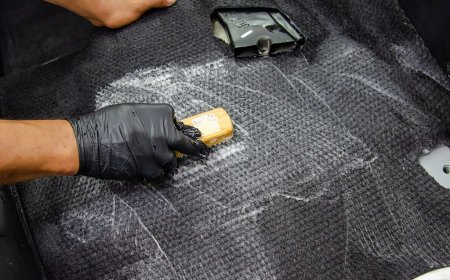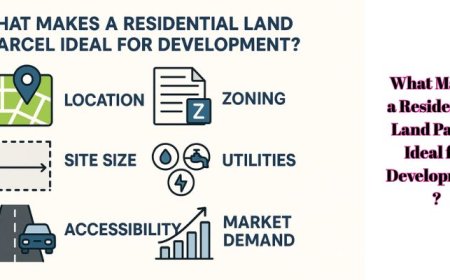How Criminal Lawyers in Dubai Deal with Extradition Requests
Criminal lawyers in Dubai play a vital role in advising and representing individuals facing extradition.

Understanding Extradition in the UAE Legal Framework
Extradition in the United Arab Emirates (UAE) is governed by both international treaties and domestic legislation, particularly Federal Law No. 39 of 2006 concerning international judicial cooperation in criminal matters. When an extradition request is received in Dubai, the matter is handled with meticulous legal scrutiny to ensure compliance with UAE sovereignty, public policy, and human rights obligations.
Criminal lawyers in Dubai play a vital role in advising and representing individuals facing extradition. These legal professionals possess in-depth knowledge of extradition law, intergovernmental treaties, and the nuances of local criminal procedure. Their ability to navigate both UAE law and international legal obligations is essential for an effective defense strategy.
Initiating the Extradition Request Process
Extradition requests typically originate from a foreign government seeking to prosecute or imprison an individual located within the UAE. The request is submitted through diplomatic channels, often via the Ministry of Foreign Affairs, and is then reviewed by the UAE Ministry of Justice. If deemed valid, the request is passed to the Public Prosecution Office in Dubai, where the criminal lawyers begin their role in the case.
Criminal lawyers first scrutinize the extradition warrant, charges, and supporting documentation to assess whether they meet the legal criteria for extradition under UAE law. The following are key considerations:
-
The existence of a treaty between the requesting country and the UAE.
-
Dual criminality means the act must be a crime in both jurisdictions.
-
The offense must not be politically motivated.
-
The individual must not have already been tried or acquitted for the same crime.
Grounds for Challenging Extradition Requests
Experienced criminal lawyers in Dubai meticulously evaluate the potential grounds for refusal of an extradition request. These may include:
-
Violation of fundamental rights: If there is credible evidence that the individual would face torture, unfair trial, or inhumane treatment, extradition is likely to be denied.
-
Political offenses: The UAE generally refuses extradition for crimes deemed political.
-
Risk of double jeopardy: If the individual has already been prosecuted for the same crime in another jurisdiction.
-
Nationality protection: While not absolute, some requests involving UAE nationals may be contested based on sovereignty and legal protections.
Criminal defense teams often collaborate with human rights organizations and foreign legal experts to substantiate claims against extradition, especially when the requesting country has a history of judicial abuse.
Role of Criminal Lawyers in Legal Representation
Criminal lawyers in Dubai provide full legal representation throughout the extradition proceedings. This includes:
-
Filing preliminary objections.
-
Preparing and submitting evidence-based defenses.
-
Representing the client during public prosecution inquiries and judicial hearings.
-
Engaging in diplomatic and legal negotiations with foreign embassies or consular officials.
Their strategy is often both defensive and proactive, seeking not just to block extradition but also to achieve favorable outcomes such as:
-
Conditional extradition (with guarantees regarding fair trial or humane conditions).
-
Delayed extradition due to health concerns or other humanitarian grounds.
-
Local prosecution in the UAE under its domestic law is an alternative to foreign prosecution.
Judicial Procedure and Legal Timeframes
Once the Public Prosecution in Dubai accepts the extradition request for review, the matter is escalated to the Dubai Court of First Instance. This is where a detailed hearing is held. Criminal lawyers present their arguments supported by legal precedents, international law, and expert testimonies. The court evaluates:
-
Legality of the request.
-
Compliance with treaties.
-
Validity of documents.
-
Protection of rights under the UAE Constitution.
The court’s decision can be appealed in the Dubai Court of Appeal and further in the UAE Federal Supreme Court. During this time, the individual may be held in judicial custody, which criminal lawyers can contest by filing bail applications or conditional release petitions.
Diplomatic Nuances and Treaty Obligations
Dubai’s legal system is heavily influenced by diplomatic relations. Criminal lawyers must often coordinate with government liaisons, especially when the extradition involves sensitive political contexts or countries with complex diplomatic ties with the UAE.
For countries with no extradition treaty with the UAE, the process becomes more discretionary. In such cases, criminal lawyers argue based on international legal principles, customary law, and bilateral understandings, making their role all the more critical in ensuring due process.
Post-Decision Legal Strategies
If the court grants extradition, criminal lawyers may still intervene through:
-
Petitions to the Minister of Justice.
-
Diplomatic clemency appeals.
-
Requests for humanitarian intervention in cases involving medical or psychological risks.
Conversely, if extradition is denied, lawyers ensure the individual is not subject to repeated requests or illegal deportation, safeguarding their client’s legal status in the UAE.
Importance of International Legal Coordination
Leading criminal lawyers in Dubai maintain strong relationships with foreign legal counsel, enabling them to collect exonerating evidence, identify due process violations, or prove malicious prosecution from the requesting country. These transnational collaborations are vital, particularly when clients are high-profile individuals or the request has geopolitical implications.
Such lawyers also engage forensic experts, international human rights bodies, and UN special rapporteurs when necessary to build a robust defense and delay or quash extradition procedures.
Choosing the Right Criminal Lawyer for Extradition Defense
Not all lawyers are equipped to handle the intricacies of extradition. The best criminal lawyers in Dubai possess:
-
Multilingual proficiency.
-
Track record of successful extradition defenses.
-
Knowledge of international and comparative law.
-
Close ties with foreign embassies and consulates.
Clients are advised to engage legal teams with strategic litigation skills, negotiation expertise, and a firm understanding of the UAE's judicial cooperation framework to ensure the strongest defense possible.










































































